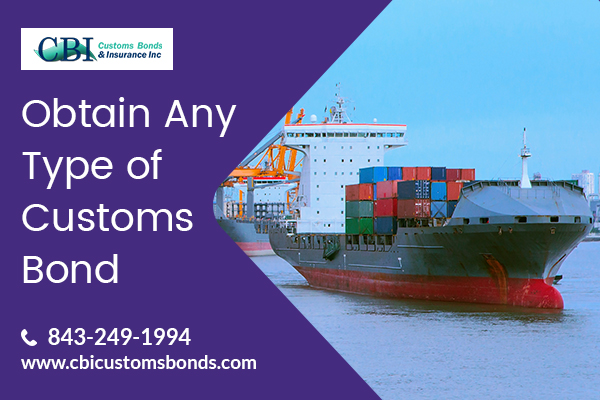How Increased Tariffs Affecting Imports in the US
Tariff escalation is the biggest burden on normal consumers
of the US. Both the countries US-China have been in trade contention for the
last one year and it has impacted both the countries in several sectors. Chinese
exports are touching low every month as Trump administration hiking the tariffs
and imposing bans on Chinese technology companies.
How it all started
The world’s two biggest economies are on the front line ever
since the US president began setting higher tariffs and other trade barriers on
China in January 2018. The motive behind the improved tariffs was to abate
unfair trade practices and the growing trade deficit. The US had imposed tariffs on
US$550 billion worth of Chinese products while in return, China had also
stricken with tariffs on US$185 billion worth of US goods. The chronology is so
long that can’t be referred here. But the truth is any of these nations are
willing to back down the further rift.
Impact on the US imports
Increased rates on many Chinese goods have dramatically
affected the importers and customs brokers as they have to be more vigilant
from now about monitoring their bond sufficiency and calculating bond costs.
For new importers, it’s already too complicated to understand the customs bond and for
those experienced merchandisers it has become necessary to keep an eye on
changing tariffs to meet the CBP’s requirements of bond sufficiency.
Rising amount of
customs bond
There is certainly a drawback for commercial importers as
they are experiencing a large rise in annual continuous customs bond amount due
to the several sanctions and duties implemented on their goods.
As per the Customs and Border Protection (CBP), a continuous
customs bond must always be no less than 10% of annual duties, taxes, and
fees. This includes increased anti-dumping (AD) and countervailing duties (CVD)
that altogether causing the minimum bond amount (which is $50k) to set at a
higher amount than before.
A customs bond
guarantees the obligations to be fulfilled by the importer to the CBP. Ergo
small businesses are struggling to post bonds that are worth to cover the added
cost of bringing high-rated goods aluminum and steel.
All the importers are advised to work with their respective
customs brokers and surety companies to review their transactional history and
estimate the duties and taxes for the next 12 months. Remember that CBP is
never asleep and its dedicated officers and software technology enables it to
regularly monitor and review each bond on file to determine whether they are
sufficient to meet with applicable law and regulations.
CBI Customs Bonds & Insurance Inc has been providing
trade-related solutions since 1981. We provide Single Entry Bond, Continuous
Import Bond, and OTI Bonds NJ
in the most competitive rates in the market. CBI is committed to helping small
businesses compete with the multinationals couriers seeking to steal bond
business from Customs Brokers.
Contact: CBI
Customs Bonds & Insurance Inc.
Call: 843-249-1994
Fax: 843-280-6637
Visit: https://cbicustomsbonds.com/




Comments
Post a Comment